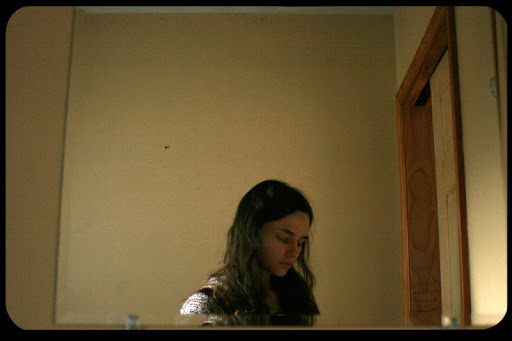Question: How can I take responsibility for my own sinful actions, while still recognizing the mercy and love of God?
Response:
Although we are created in the image and likeness of God, we suffer from the effects of Original Sin. Despite our fallen nature, we still have full use of free will, unless that will is inhibited by a serious psychological disorder or another person or circumstance that truly prevents us from acting freely. To be healthy psychologically, a person must be able to accept and be accountable for his or her sins. The difficulty is to find the balance between taking responsibility for our sins while not despairing of our weaknesses.
A good way to understand this balance is through the context of a relationship. It may be easy for a married couple to be able to identify the faults and failings of their spouse, simply due to the intimate nature of their relationship. In a healthy marriage, husband and wife are able to help each other recognize their faults, while at the same time encouraging each other to overcome them. Understanding that we must rely on the forgiveness of another when we have sinned against them, while also always seeking to repair the relationship and grow in virtue, helps us to understand our need both for God’s mercy and our own resolve to do better.
The tendency to look for reasons to blame people and circumstances outside of ourselves is easier and more convenient than simply owning up to the sin. Just look at Adam and Eve in the book of Genesis, blaming one another and the snake. However, if we recognize the part we have played in our actions, we see not only the wrong we have done, but also the work needed to repair our relationships, including our relationship with God. While this realization is difficult, it is the only way we can accept the mercy of God. Sinning does not mean that we are a failure, simply that we are human.
As we continue the holy season of Lent, let us try to remember that while God loves us in spite of our sinfulness, that we can grow psychologically and spiritually when we accept and take responsibility for our sins.
Have a practical question related to psychology and faith? Write to askips@ipsciences.edu
William McKenna, M.S., is a Clinical Extern at the IPS Center for Psychological Services.

